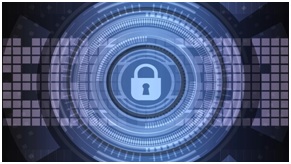Cyber-security service providers in Singapore, who verify whether a company is vulnerable to hacking and monitor information technology systems for suspicious activity, will soon be required to be licenced. According to Singapore’s Cyber Security Agency, the goal is to provide customers with greater assurance of safety while also raising the quality of providers (CSA). The providers, who can be businesses or individuals, will be licenced under a new framework that is expected to go into effect early next year. Singapore is thought to be one of the first countries in the world to require cyber-security service providers to be licenced.
The CSA has begun a public consultation on licencing conditions and legislation after their report revealed that cyber threats in the country have increased. Last year, an average of 6,600 malware-laced devices, also known as botnet drones, was observed here on a daily basis, a significant increase from 2,300 in 2019.
Service providers will have six months from the framework’s founding to apply for a licence. One of the licenced services is “penetration testing,” which determines whether a company can detect and respond to simulated cyber-security attacks. The other licensable service involves monitoring computer system activities in order to identify threats.
If these services are provided without a licence, providers may be fined up to $50,000, imprisoned for up to two years, or both. Licences can be revoked or suspended as well. The CSA has the authority to fine a company or individual up to $10,000 for failing to comply with a licencing condition. The total fine should not exceed $50,000 for various conditions that were not complied with on a particular occasion.
Licencing is designed to raise standards. Key officers must be “fit and proper,” according to the requirements. They should have no criminal convictions or judgements against them in civil cases involving fraud, dishonesty or morally depraved or wicked behaviour. Companies or individuals must notify CSA of the appointment of a new key officer at least 30 days in advance. They must provide information to assist it in investigating any potential licence violations.
They must also keep basic records of the services provided for at least three years, along with client names and work details, and keep clients’ information confidential. The framework excludes non-business offerings such as anti-virus software and services that scan e-mails for malware.








